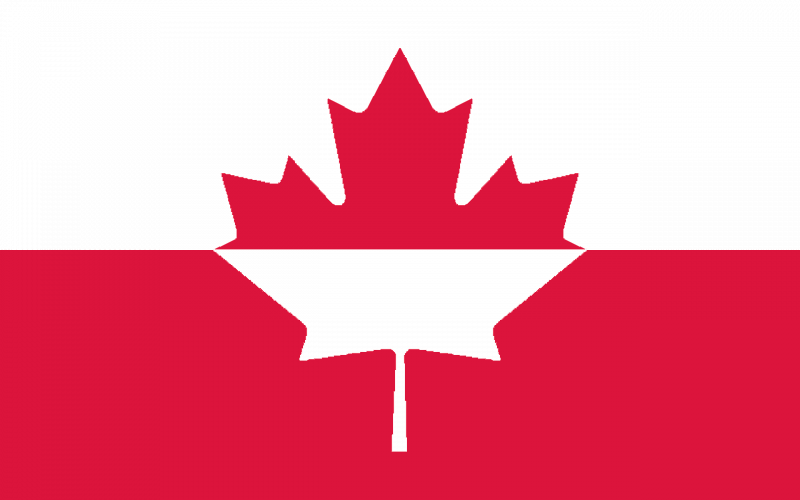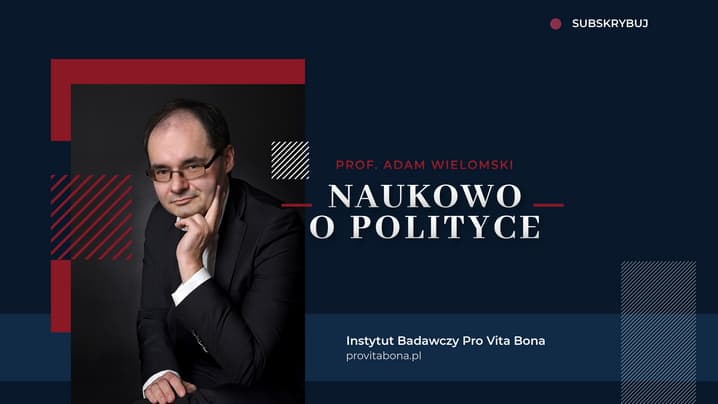Canadian Polonia (the Polish-Canadian community) seems to have a perennial misapprehension of what constitutes “objective” cultural influence and power in today’s Canada. Indeed, some representatives of Canadian Polonia have a rather curious definition of what „culture” and „cultural activities” actually consist of. Considering persons of Polish descent in Canada are said to number close to a million, it appears the community has a comparatively minor influence in Canadian society.
The Polish community in Canada seems to have a larger number of prominent artists (such as sculptors, painters, and so forth), than writers. Sculpture and painting often seem to offer far less scope for making a strong social impact, than writing. Some types of writing (such as opinion journalism) have almost immediate social and political effects. There are currently no opinion-columnists on staff in any of the major Toronto newspapers (Globe and Mail, National Post, Toronto Star, or Toronto Sun), who could be identified as belonging to the Polish-Canadian community, nor do any such opinion-columnists in any major newspaper in the country come to mind. There are also very few authors of books by recognized publishers.
It could be argued that “objective” cultural influence and power does not mainly emphasize such phenomena as art exhibits, dramatic shows, symphony concerts, and poetry recitals. Rather, it means – at its most expansive definition — the extensive participation of community-minded activists in well-funded, well-supported structures across the various institutions of Canadian society, such as the mass-media, the state bureaucracies, the education system (especially at the university level), and so forth. It also means the extensive funneling of government and major corporate philanthropic support to various facets of the community’s activities. What can one say when even the post of the President of the Canadian Polish Congress is a volunteer position.
One can see over the decades the perennial inability to create a serious Polish-Canadian political and cultural „lobby” — although Polonia organizations and individuals have been talking about such a goal for many years. There is a chronic lack of funding, either from within the community, or from various levels of government – despite the fact that some reasonable expectations for the latter have been created as a result of the officially-proclaimed governmental multiculturalism policies. There is the inability to convince wealthier members of the community to substantially support community endeavours, especially in regard what could be called “objectively culturally-empowering” initiatives – such as, for example, the proposed Polish-Canadian Defence Fund. In such a heavily media-saturated society, the ongoing monitoring of various Canadian media and launching a coordinated response when necessary, cannot be entrusted solely to volunteer effort.
There are, currently, only a few M.P.s who could be identified as emphatically belonging to the Polish-Canadian community, in the Canadian Federal Parliament. The coming to power of a new government in Ottawa in 2006 had somewhat ironically resulted in substantial movement on some difficult issues (such as the lifting of visa requirements for Polish citizens visiting Canada, and a pension plans agreement between Canada and Poland) that had been log-jammed for years under previous administrations. Also, there has occurred the restoration of recognition of veteran status for Polish armed forces veterans who had served with the Allies during World War II – a status that had been withdrawn in 1995 by the Chretien government. The Polish armed forces veterans who came to Canada in the aftermath of World War II, had constituted one of the largest Polish immigrant waves to Canada.
The recent developments in Canadian politics could suggest that it would be helpful if people paid less attention to old, mostly unrequited political affections, but rather created the conditions for a situation where all the major parties are going to be seriously courting the community.
Polish immigrants and their offspring often do quite well materially in Canada – mostly through dint of sheer hard work and abstemious living. However, they usually have an emphasis on individual or family advancement, with a downplaying of community efforts. Because of the legacy of Communism, many Poles from the later immigrant waves associate community work with a distasteful „social activism” — which the Communist regime in Poland had apparently always been trying to force people into. Despite often great, outstanding accomplishments by individuals of Polish descent in Canada, the community is usually not strengthened.
Could one hope that there could be at this late date a synergy of concerned persons of Polish descent in Canada that would be able to make some significant cultural and political impact?
Mark Wegierski



